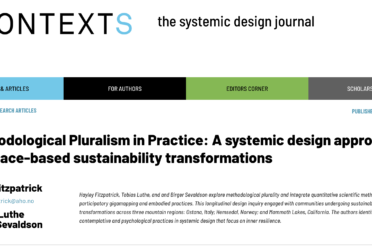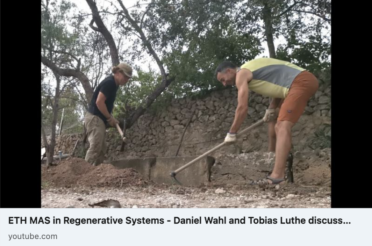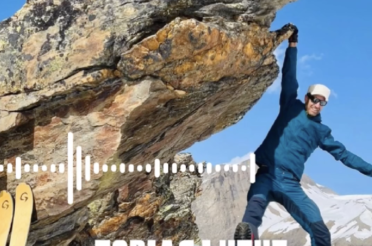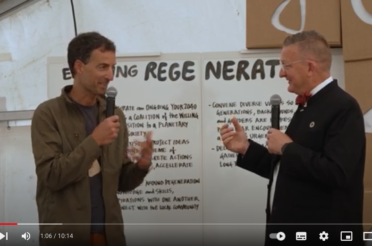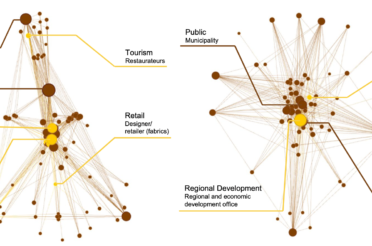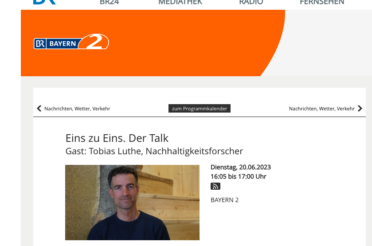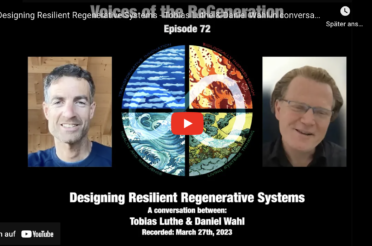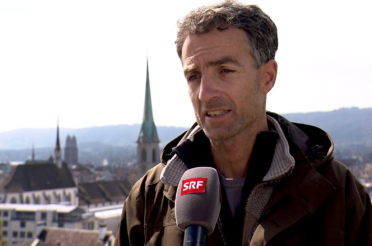Title: Game of Cruxes: co-designing a game for scientists and stakeholders for identifying joint problems
Salliou N., Bruley E., Luthe T., Blanco V., Lavorel S., A. Grêt-Regamey. 2021. Game of Cruxes: co-designing a game for scientists and stakeholders for identifying joint problems. Sustainability Science. https://doi.org/10.1007/s11625-021-00983-2
Abstract: Scientists increasingly cross their disciplinary boundaries and connect with local stakeholders to jointly solve complex problems. Working with stakeholders means higher legitimacy and supports practical impact of research. Games provide a tool to achieve such transdisciplinary collaboration. In this paper, we explore the use of a game in a participatory project where scientists and local stakeholders are seeking and defining a joint problem. The literature is clear that this step is essential but remains short on concrete methods. Here, we explore this potential in practice. We conducted parallel participatory processes in two alpine regions considered as socio-ecological system (SES) in Switzerland and France, both vulnerable to global change. Based on these two case studies, we co-constructed a game, integrating scientific concerns about key land use, climate change and socio-economic elements of a mountain SES (tourism, agriculture, housing and demography). With the game, we assessed the existence of joint problems connecting scientific and local interests. The game successfully engaged participants at both sites over 11 game sessions, showing potential of use in other transdisciplinary settings. By covering a wide array of issues, the game created a discussion space for listing problems and identifying where scientist and stakeholder interests overlap. In Switzerland, the game revealed no pressing joint problem to be addressed. In France, game sessions revealed, among other problems, an enduring and complex issue regarding the co-existence of inhabitants and powerful institutions. Having demonstrated the capacity of this game for joint-problem assessment, we believe other participatory research in similar SES could benefit from an early use of such an approach to frame the potential for collaboration.

